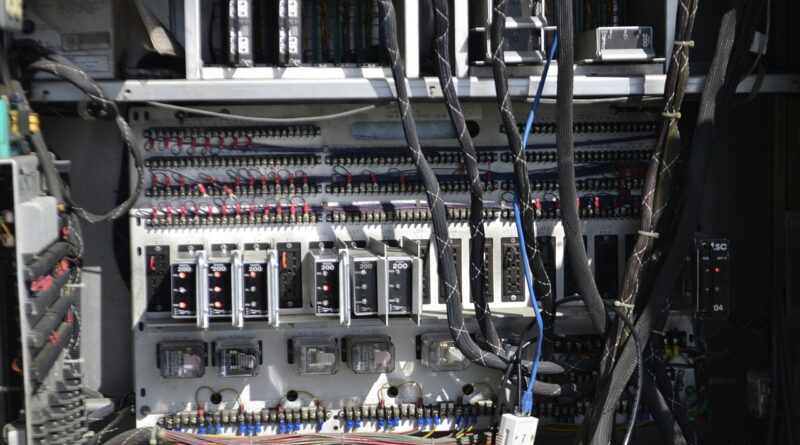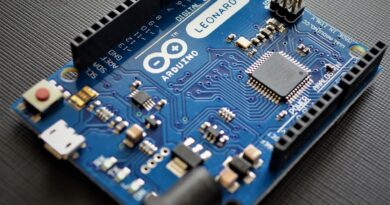Protect Your Space: Top Tips for Successful Electrical Safety Inspections in Sonipat
Introduction
Welcome to our comprehensive guide on electrical safety inspections in Sonipat. As a trusted authority in electrical safety, we understand the importance of ensuring the well-being of your space and the people within it. In this article, we will provide you with expert advice and valuable insights on conducting successful electrical safety inspections, offering tips and best practices to keep your space secure. Let’s delve into the details and equip you with the knowledge you need to protect your environment effectively.
Understanding Electrical Safety Inspections
Electrical safety inspections are crucial for identifying potential hazards, ensuring compliance with regulations, and mitigating the risk of electrical accidents. These inspections involve a thorough assessment of electrical systems, equipment, and installations, encompassing various factors such as wiring, grounding, circuit protection, and overall system functionality.
The Importance of Regular Inspections
Regular electrical safety inspections are essential to maintain the integrity of your electrical systems. By conducting inspections at recommended intervals, you can detect and address potential issues before they escalate into significant problems. This proactive approach helps prevent electrical malfunctions, fires, and electrical shock incidents, safeguarding both life and property.
Hiring Qualified Professionals
When it comes to electrical safety inspections, it is crucial to engage the services of qualified professionals. Certified electricians possess the expertise, knowledge, and experience necessary to conduct comprehensive inspections and identify potential hazards accurately. Hiring a reputable electrical contractor in Sonipat ensures that your inspections are carried out diligently and in adherence to relevant safety standards.
Conducting a Thorough Inspection
During an electrical safety inspection, several key areas must be evaluated. Let’s take a closer look at some critical aspects that should be included in your inspection checklist:
1. Electrical Panels and Distribution Boards
Inspect the main electrical panel and distribution boards for any signs of damage, loose connections, or overheating. Ensure that circuit breakers and fuses are properly rated and in good working condition. Verify the labeling of circuits for easy identification.
2. Wiring and Cable Systems
Check the integrity of wiring systems, including cables, conduits, and junction boxes. Look for any signs of wear and tear, exposed wires, or improper connections. Pay close attention to areas where wires may come into contact with moisture or other hazardous substances.
3. Grounding and Bonding
Evaluate the effectiveness of grounding and bonding systems to protect against electrical faults and surges. Ensure proper grounding connections are in place and that bonding conductors are appropriately installed.
4. Lighting Systems
Inspect all lighting fixtures, switches, and controls. Verify that they are in good working order and free from defects. Check for any potential fire hazards, such as combustible materials near light sources.
5. Surge Protection
Consider the implementation of surge protection devices to safeguard sensitive electrical equipment from power surges caused by lightning strikes or other electrical disturbances. Assess the adequacy of existing surge protection measures and recommend improvements if necessary.
6. Safety Devices
Test the functionality of ground fault circuit interrupters (GFCIs) and arc fault circuit interrupters (AFCIs). These devices play a crucial role in preventing electrical shocks and fires, respectively. Ensure they are properly installed and operational.
Ensuring Compliance with Regulations
Adhering to electrical safety regulations is paramount to avoid penalties, legal liabilities, and most importantly, to protect lives. In Sonipat, electrical safety inspections should comply with the guidelines and standards set by relevant authorities. Familiarize yourself with the local electrical codes and stay up to date with any revisions or updates.
Benefits of Regular Maintenance
Beyond inspections, implementing a regular maintenance schedule for your electrical systems offers several advantages. Here are some key benefits of proactive maintenance:
- Enhanced Safety: By addressing potential issues promptly, you minimize the risk of electrical accidents and improve overall safety.
- Extended Equipment Lifespan: Regular maintenance helps optimize the performance and longevity of electrical equipment, reducing the likelihood of premature failures.
- Improved Efficiency: Well-maintained electrical systems operate more efficiently, leading to energy savings and cost reduction.
Conclusion
In conclusion, prioritizing electrical safety inspections in Sonipat is crucial for safeguarding your space, ensuring compliance, and protecting lives. By following the tips and best practices outlined in this guide, you can conduct successful inspections, mitigate risks, and maintain a secure environment. Remember, regular inspections, hiring qualified professionals, and adhering to regulations are the pillars of a robust electrical safety strategy. Stay informed, be proactive, and safeguard your space effectively.




